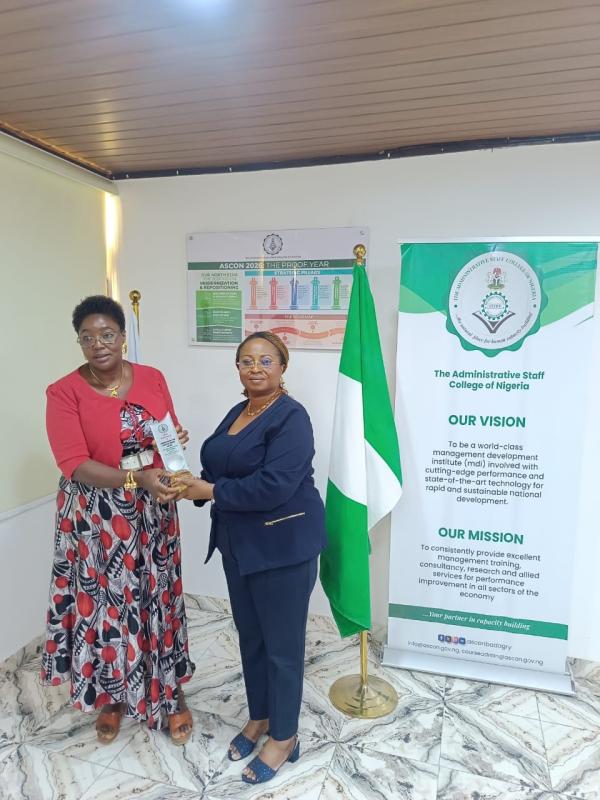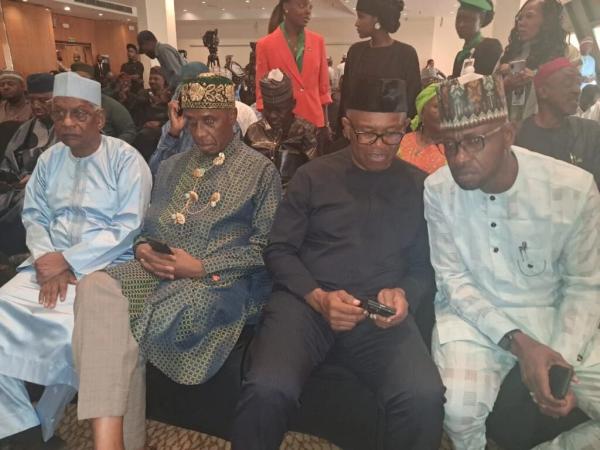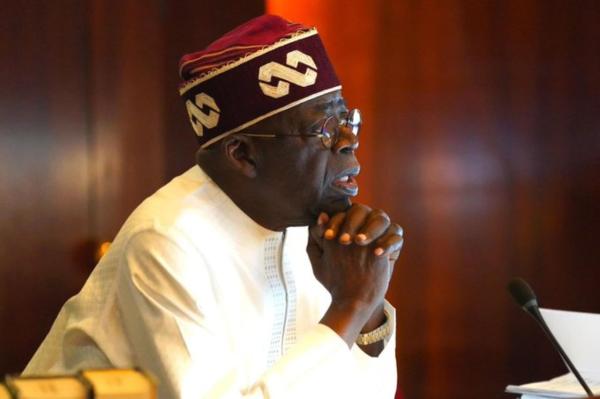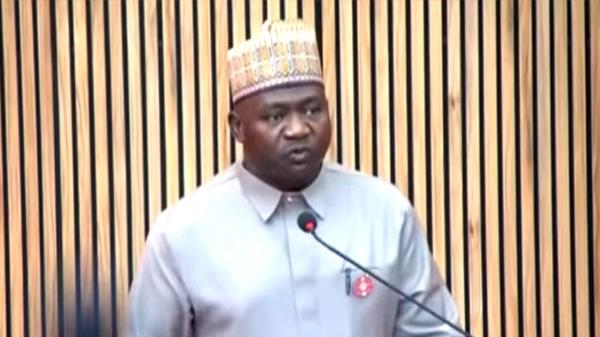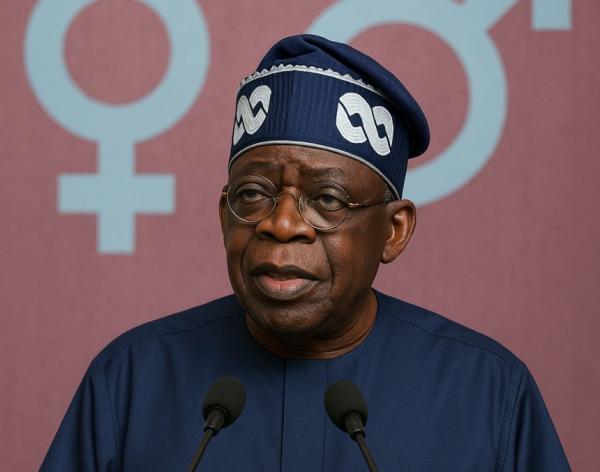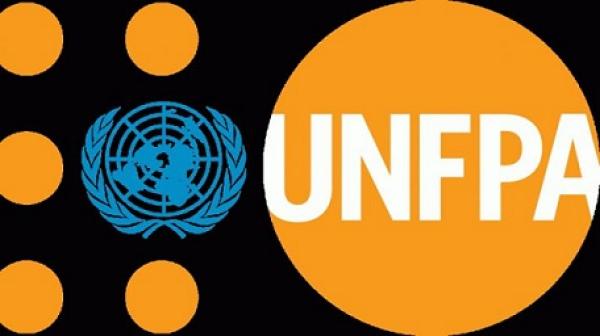
The United Nations Population Fund (UNFPA) has disclosed that 31 percent of women and girls in Nigeria have been victims of one form of physical violence or another.
According to UNFPA, the violence has caused the victims hospitalisation, death, lifelong emotional and psychological.
Dr Zubaida Abubakar, a representative of UNFPA, made this known during the agency’s presentation of some office hardwares and assets to the National Agency for the Prohibition of Trafficking in Persons (NAPTIP), to support the fight in ending violence against women and girls.
The donation was done in partnership with the Neem Foundation.
She said; “In this light, UNFPA works to prevent and respond to gender-based violence through its work with policymakers, justice systems, health systems, and humanitarian partners. UNFPA also focuses on eliminating harmful practices, including female genital mutilation and child marriage. We also work with various partners to advance gender equality.’’
“Statistics shows that 31 percent of women and girls in Nigeria have undergone one form of physical violence or another. Many of which have led to dire consequences, including hospitalisation and even death. What we don’t see is the lifelong emotional, psychological distress.’’
“We know that when women are at the mercy of perpetrators, they often are left with limited choices, and that is where we are required to offer quick intervention on the part of the law to protect them.’’
“For this reason, UNFPA, through its EU-UN Spotlight Initiative in Nigeria, is collaborating with NAPTIP to end to all forms of violence, the tragic realities women face every day.’’
“As a technical lead in GBV prevention and response, UNFPA Spotlight Initiative continues to fulfill its mandate towards ensuring that zero women and girls are subjected to any kind of violence.’’
“This partnership is designed to support government processes and strengthen institutions to mainstream programmes related to the violence against women and girls. UNFPA, through the initiative has worked closely with government partners to identify areas that require support and as a result, they have identified the rapid response unit as a vital component to GBV response.’’
“Having seen the commitment and contribution of NAPTIP, especially in life-saving rescues, UNFPA has opted to support this component to ensure lives of many more women and girls are saved.’’
“We are therefore here to show our continued support for the work of NAPTIP by filling in some gaps, especially in modern technology, to aid the decent work they do.”
Abubakar stressed that UNFPA will continue to partner with NAPTIP towards empowering women and girls to prevent and respond to GBV.
The Director-General of NAPTIP, Dr Fatima Waziri-Azi, in her remarks appreciated UNFPA for its support.












